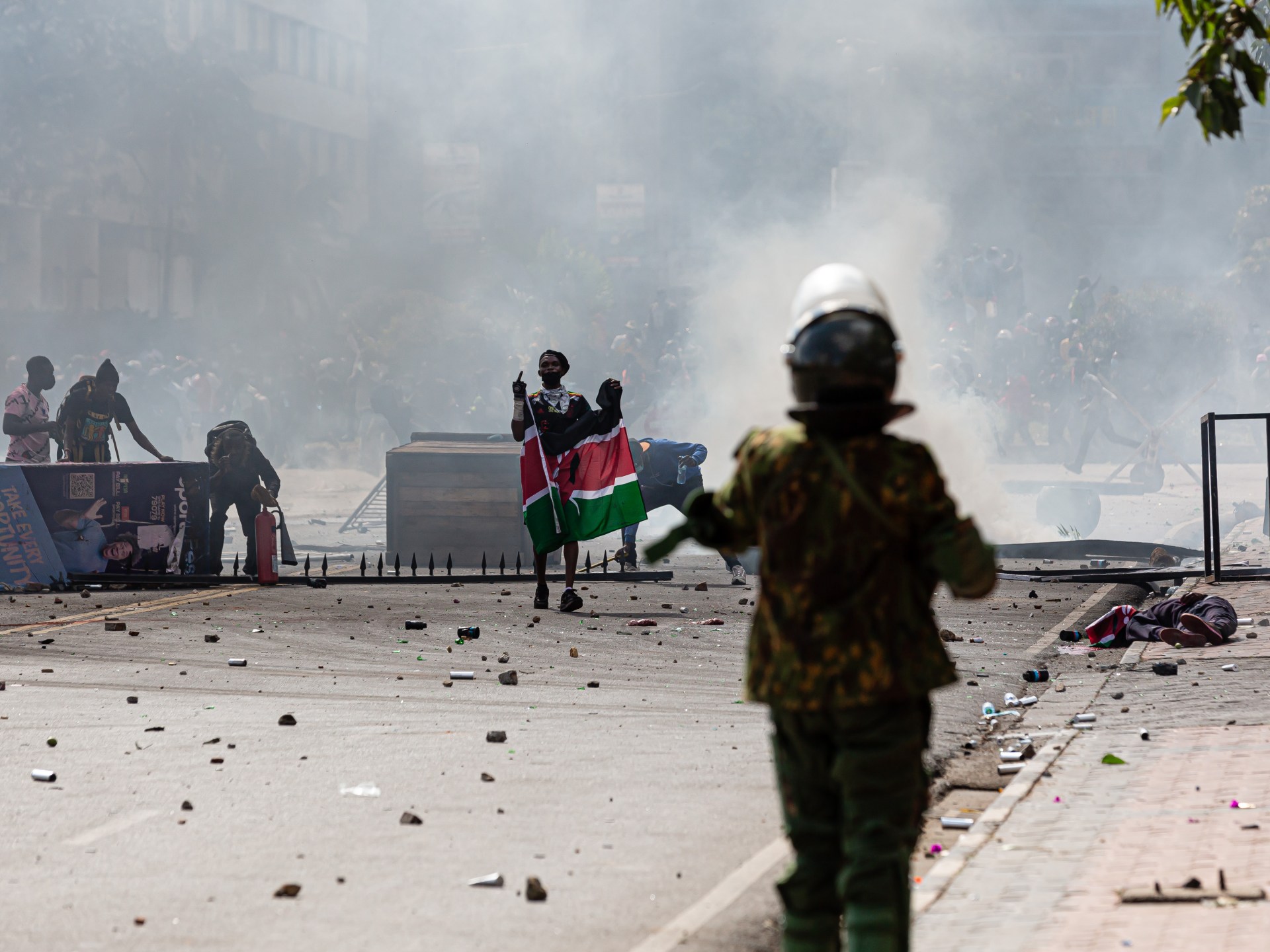More than just censorship was the topic when the Kenyan government blocked a BBC documentary’s public viewing of the investigation into the military’s involvement in the killing of protesters. The army stays out of obvious politics, and no one looks too closely at what it’s doing, as it was about protecting a decades-old pact between the military, the state, the media, and the general public.
The backlash has been severe, and that pact is now in danger.
MPs opposed to the BBC’s operations in Kenya have filed complaints that it incites instability. Journalism has been framed as sabotage by hashtags like #BBCforChaos, which have been used in social media campaigns. However, Kenya’s military has been subject to scrutiny because of its manicured silence, which is not what is actually being defended.
Since independence, this decades-long silence has been carefully maintained. A persistent fear of soldiers as political actors was engrained by two failed military coups in 1971 and 1982 and by the terrible records of military dictatorships throughout the continent. Successive governments kept the army well-fed, well-maintained, and out of the news to prevent future uprisings. The media, in turn, turned their backs on the general public.
No coup, no see.
However, the Kenya Defence Forces (KDF) were gaining ground in the background. They expanded their capabilities, bought new hardware, and spread a false sense of professionalism throughout the 1990s and 2000s.
The KDF emerged from the shadows after the 2011 invasion of Somalia. The military is now a force in the spotlight as it fights terrorism and instills discipline in the notoriously corrupt civilian public service. The then-defence forces chief was one of the ten appointed members of President Uhuru Kenyatta’s administration to a variety of civilian leadership positions. However, the public’s oversight and scrutiny declined as the military’s authority and visibility increased.
Despite the widespread failures that resulted from the poorly planned invasion, which destroyed the notion of integrity and competence, this is true. Soon after the invasion, which was greeted with great media support, came to an end. Kenyan troops were almost immediately implicated in a smuggling racket, trafficking charcoal and sugar in concert with al-Shabab, the very enemy they were ordered to fight after a yearlong journey to the Somali port of Kismayo. In El Adde, Kenya’s most fatal battlefield loss, at least 140 soldiers were killed in a single al-Shabab attack on the KDF base in 2016.
Things weren’t going very well back home. A wave of terrorism was sparked by the invasion. The Westgate mall attack in downtown Nairobi, which the KDF bungled and carried out in 2013, was badly exposed by the KDF. Soldiers purposefully robbed the mall while posing as terrorists. Less than two years later, the military was once again mentioned in the media after the Garissa University College attack, which claimed the lives of 147 people.
The military responded with silence and spin throughout all of this. No inquiry into the public was conducted. No calculation. No justification. Similar to the KDF’s use of Lenana Road, a significant thoroughfare in Nairobi, to expand its headquarters, or when its top brass were linked to attempts to influence the 2022 presidential election, there were few calls for accountability. None of these incidents sparked a heated debate about the military’s role in the media.
The pact’s terms have largely been internalized by Kenya’s mainstream media. Defense reporters publish little to no criticism of the army. Many serve more as independent journalists than as a conduit for press releases from the military. In reality, the KDF has a veto over how it is presented.
The BBC documentary is dangerous because it actually threatens stability, not because it disrupts the silence performance. It challenges the notion that the military cannot be manipulated and that the military’s actions must be censored in order to advance society.
However, fear cannot be the foundation of a viable democracy. One of its most powerful institutions must be kept under the watchful eye of the public, so Kenya cannot prosper. The line between military impunity and civilian rule is already dangerously thin if journalists are deceived into telling the truth and if media outlets censor themselves to support generals.
Not the BBC, which poses a real threat to national security. It is the unwillingness to face the army’s failures and abuses, as well as the willingness of so many to remain silent about them.
The pact must be broken by Kenya. The military must hold the people accountable, not just its commanders. And even when it uneasys the people who use guns, journalism must be free to expose the truth.
Source: Aljazeera

Leave a Reply